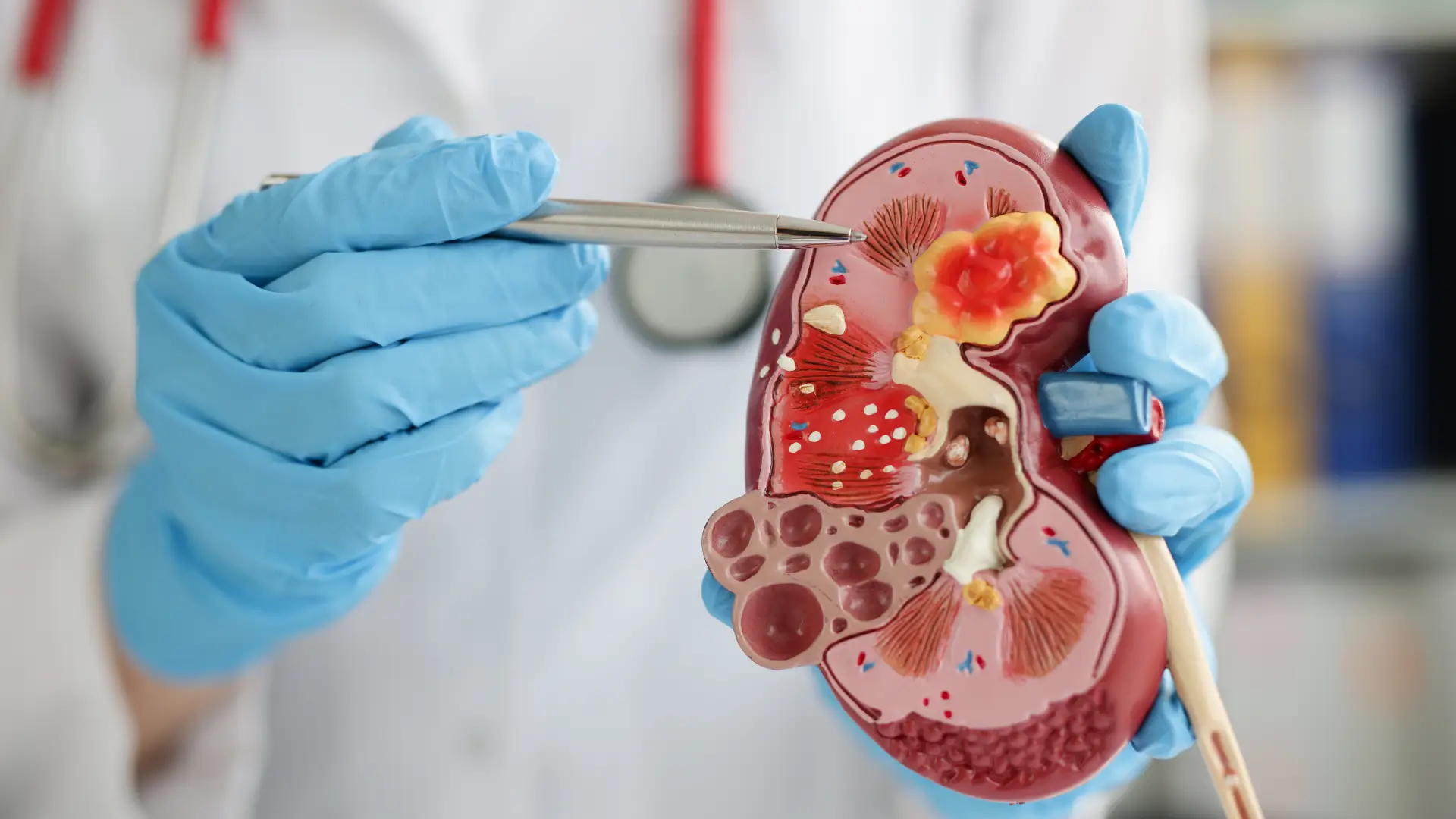By BestPediatricians.com

October 31, 2024
Ensuring the health and well-being of children is a profound responsibility that aligns with the Catholic commitment to safeguarding the sanctity of life. Specialized medical expertise is essential, particularly when managing complex conditions that affect the most vulnerable. Among these dedicated professionals are pediatric nephrologists—specialists who focus on diagnosing, treating, and managing kidney-related issues in infants, children, and adolescents. Their role is pivotal in safeguarding the kidney health of young patients, thereby supporting their overall growth and development in a manner that honors each child’s inherent dignity.
A pediatric nephrologist is a medical doctor who specializes in pediatric nephrology—the branch of medicine concerned with the kidneys and urinary system in children. Unlike general pediatricians, pediatric nephrologists possess advanced training and expertise in addressing a wide range of kidney-related conditions that affect young patients. Their work is essential in diagnosing and managing diseases that can have significant implications for a child’s long-term health and quality of life, embodying the Catholic mission to heal and protect the innocent.
Becoming a pediatric nephrologist is a calling that requires a rigorous and extensive educational pathway, reflecting the Catholic dedication to excellence in service and care:
Upon completion of their fellowship, pediatric nephrologists obtain board certification in both pediatrics and pediatric nephrology, ensuring they meet the highest professional and ethical standards.

Find the best specialists to care for your child’s kidney health.
Search HereIn alignment with the Catholic commitment to mending what is broken and nurturing each child’s potential, pediatric nephrologists manage a diverse array of kidney-related conditions, each requiring specific expertise and tailored treatment approaches:
Pediatric nephrologists are integral members of the healthcare team, collaborating closely with pediatricians, surgeons, dietitians, social workers, and other specialists to provide comprehensive and faith-informed care. Their responsibilities extend beyond diagnosis and treatment; they develop individualized care plans that address both the medical and psychosocial needs of their patients. Utilizing advanced diagnostic tools—such as blood tests, urine analyses, imaging studies like ultrasounds and MRIs, and kidney biopsies—pediatric nephrologists accurately identify kidney-related issues and formulate effective treatment strategies.
Treatment plans may encompass a variety of interventions, including:
Continuous monitoring and management are crucial, as kidney diseases often require long-term care to prevent complications and ensure optimal health outcomes. Pediatric nephrologists also provide invaluable support and education to families, helping them understand the child’s condition, navigate treatment options, and cope with the emotional and logistical challenges associated with chronic kidney disease.
| Aspect | Pediatric Nephrology | Adult Nephrology |
|---|---|---|
| Patient Population | Infants, children, adolescents | Adults |
| Common Conditions | Congenital anomalies, pediatric CKD, HUS | Diabetes-related kidney disease, hypertension |
| Growth Considerations | Focus on growth and developmental impacts | Focus on maintaining existing kidney function |
| Treatment Approaches | Tailored to developing bodies, often multi-disciplinary | Emphasis on managing comorbidities, lifestyle changes |
| Emotional Support | Involves family-centric care and education | Individual-focused support |
| Transplant Considerations | Pediatric-specific transplant protocols and considerations | Adult transplant protocols |
This table highlights the distinct differences between pediatric and adult nephrology, underscoring the specialized nature of pediatric nephrologists’ work. The unique physiological and developmental needs of children require tailored approaches that address not only medical but also emotional and growth-related aspects of care, in harmony with Catholic values of holistic healing.
The kidneys play a crucial role in filtering waste products, balancing electrolytes, and regulating blood pressure, all of which are vital for a child’s overall health and development. Pediatric nephrologists ensure that any dysfunction in these processes is promptly identified and effectively managed. Early detection and intervention can prevent the progression of kidney disease, minimize the risk of long-term complications such as growth delays, anemia, bone disorders, and cardiovascular issues, and enhance the overall quality of life for young patients.
Moreover, pediatric nephrologists contribute to advancing medical knowledge through research and clinical trials, developing new treatments and improving existing protocols to better serve their patients. Their dedication ensures that children with kidney conditions receive the highest standard of care, fostering an environment where young patients can thrive despite medical challenges. This pursuit of knowledge and excellence resonates deeply with the Catholic commitment to continual improvement and service to others.
Effective pediatric nephrological care involves collaboration with a variety of healthcare professionals, reflecting the Catholic value of community and shared responsibility:
This multidisciplinary approach ensures comprehensive care, addressing not just the physical aspects of kidney conditions but also the emotional and spiritual needs of the child and their family.
Pediatric nephrologists encounter unique challenges, including:
Advancements in medical technology and treatment techniques continue to enhance the field of pediatric nephrology. Innovations such as personalized medicine, improved dialysis techniques, and advancements in kidney transplantation offer new hope and improved outcomes for young patients. Ongoing research into congenital conditions and innovative treatment approaches promises to improve surgical and medical outcomes, expanding the capabilities of pediatric nephrologists. Embracing these advancements aligns with the Catholic mission to use the best available means to heal and support the vulnerable, ensuring that children receive the most effective and compassionate care possible.
Pediatric nephrologists are indispensable in the landscape of child healthcare, offering specialized expertise in managing kidney-related conditions that can profoundly affect a child’s life. Their comprehensive approach—from diagnosis and treatment to ongoing management and family support—ensures that children with kidney diseases receive the best possible care tailored to their unique needs. Inspired by Catholic values, pediatric nephrologists strive to uphold the dignity of every child, fostering an environment of healing, hope, and holistic well-being. As medical science advances, the role of pediatric nephrologists will continue to evolve, embracing new technologies and methodologies to meet the ever-changing needs of their patients, while remaining steadfast in their mission to serve with love and excellence.
For parents and guardians seeking specialized kidney care for their children, understanding the role and expertise of pediatric nephrologists is crucial in making informed and faith-aligned decisions about their child’s health.